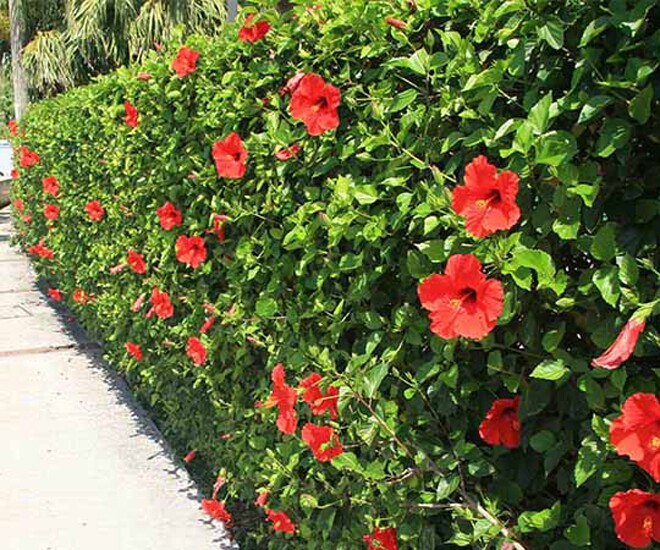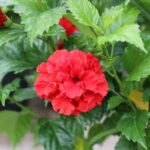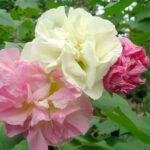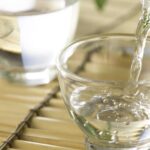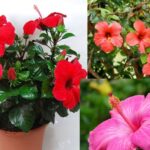The flowers of the hibiscus plant come in a variety of colors and usually bloom annually between May and July. They are large, single flowers with long stems.
Young hibiscus leaves and shoots can be cooked as a vegetable, boiled, or dipped in fish sauce, which has surprised many. But few know that hibiscus flowers are also used in cuisine.
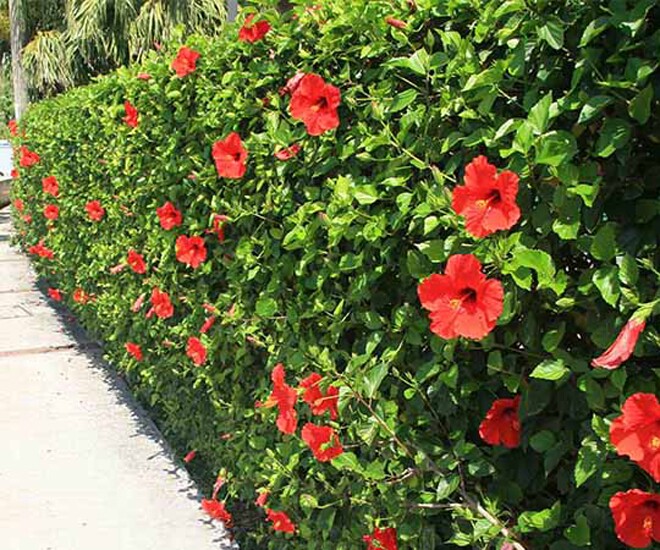
Hibiscus flowers and leaves are used in cooking, although not many people are aware of this. The flowers are often used to make salads, syrup, jams, jellies, and tea. Hibiscus tea, in particular, is popular not only in Vietnam but also worldwide.
In China, India, and Japan, hibiscus is used in the skincare and hair care industries, as well as in shampoos and treatments for coughs and male reproductive health.
Hibiscus flowers are rich in essential nutrients, including 4.16mg of vitamin C, 3916.9µg% beta-carotene, 0.048mg% riboflavin, and 0.031mg% thiamin. They also contain compounds such as alkaloids, flavonoids, and sterols. Thanks to these components, hibiscus flowers have long been used in traditional medicine worldwide to treat various ailments, including urinary tract infections, headaches, toothaches, earaches, asthma, burns, coughs, fever, menstrual disorders, and prostate-related issues.
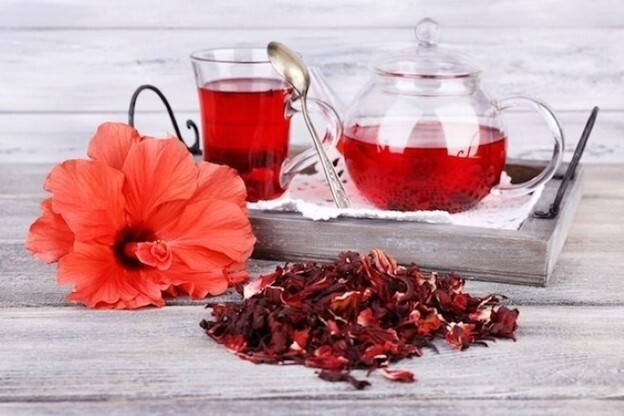
Hibiscus tea is enjoyed worldwide.
The Benefits of Hibiscus Flowers and Hibiscus Tea:
Effective in Lowering Blood Pressure
A study published in the Journal of Nutrition in 2010 found that hibiscus tea significantly reduced blood pressure, especially in those at high risk or with mild hypertension. After six weeks of consuming hibiscus tea, participants in the study experienced a noticeable decrease in their blood pressure readings.
Improves Cholesterol and Heart Health
Hibiscus flowers help regulate cholesterol levels in the body. Drinking hibiscus tea can lower LDL (“bad”) cholesterol and neutral fat levels, which are major risk factors for cardiovascular disease. At the same time, it may increase HDL (“good”) cholesterol, contributing to the natural maintenance of heart health.
Aids in Weight Loss
Hibiscus flowers are rich in minerals, antioxidants, and flavonoids, which promote metabolic processes. Regular consumption of hibiscus tea can help reduce the absorption of fats and carbohydrates and support diuresis, contributing to weight loss efforts.
Improves Mood and Helps Combat Depression
The polyphenols in hibiscus flowers protect the nervous system and improve blood flow to the brain. As a result, drinking tea made from these flowers can enhance mood and alleviate depressive symptoms.
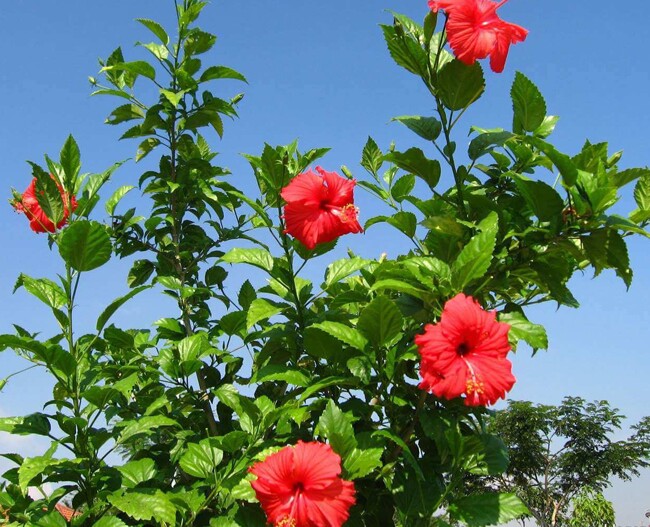
Supports Liver Function
Scientific studies have found that hibiscus flowers contain compounds beneficial to the liver, improving its function. Due to their strong antioxidant properties, hibiscus flowers can also help the liver defend against toxin damage and potentially prevent cell injury.
Powerful Antioxidant Properties
Hibiscus flowers are rich in antioxidants such as beta-carotene, vitamin C, and anthocyanins, which protect the body from the harmful effects of free radicals. These free radicals are a primary cause of severe diseases such as cancer, heart disease, and diabetes. Incorporating antioxidant-rich foods like hibiscus flowers into your diet can promote overall health and prevent disease.
Supports Antimicrobial Activity
Laboratory studies have shown that hibiscus flower extracts can inhibit the growth of certain bacteria due to their natural antimicrobial compounds. This discovery opens up the potential for using hibiscus flowers to help prevent bacterial infections.
Important Note
While hibiscus flowers offer numerous health benefits, most studies on this flower have been conducted on a small scale or in laboratory settings with high extract concentrations. Therefore, more comprehensive research on a larger scale is needed to fully understand the effects of hibiscus flowers on human health.
The Power of Words: Unveiling the Mystery Behind the Sacred Lotus in Vietnamese Culture
Hibiscus is a flower commonly found in Vietnam, often used for hedges or planted in public spaces. However, it has never been considered a flower worthy of offering to ancestors or for feng shui purposes. With its vibrant colors and delicate beauty, the hibiscus is a hidden gem, waiting to be discovered and appreciated as a symbol of natural splendor and cultural significance.
























